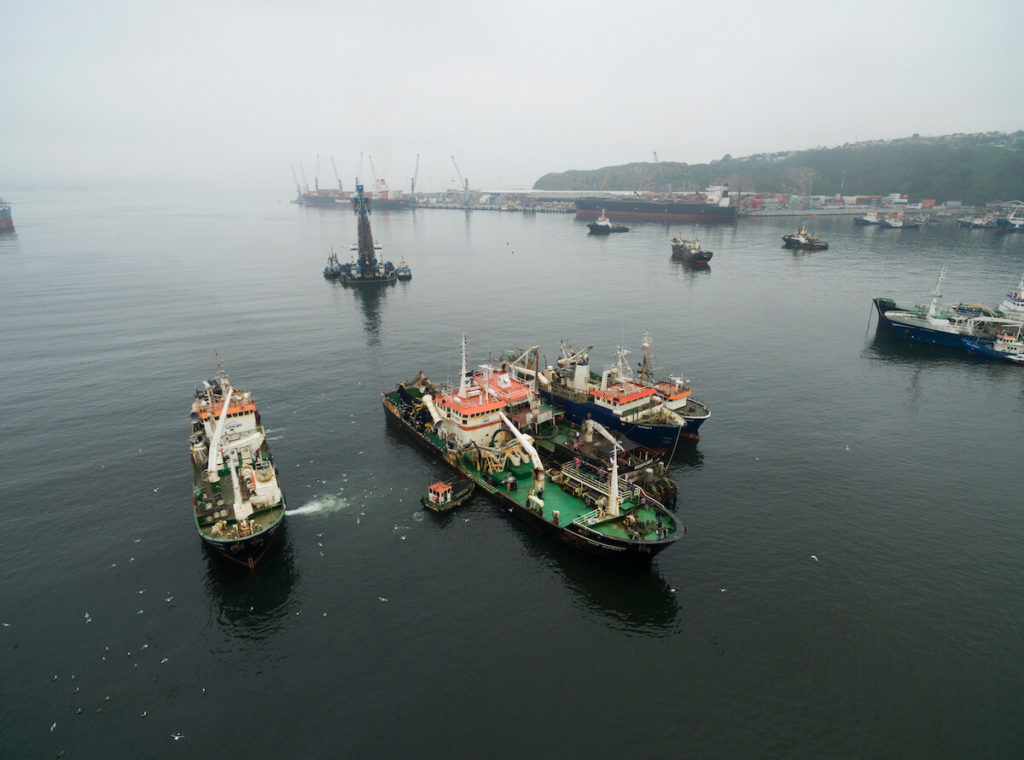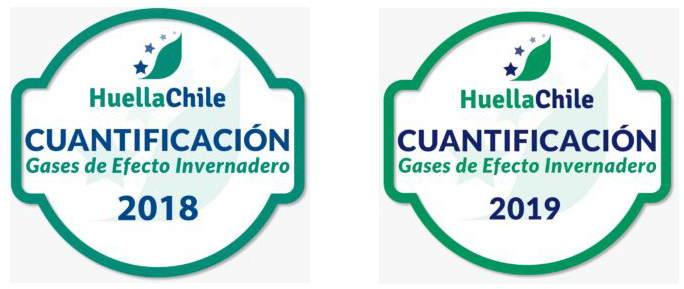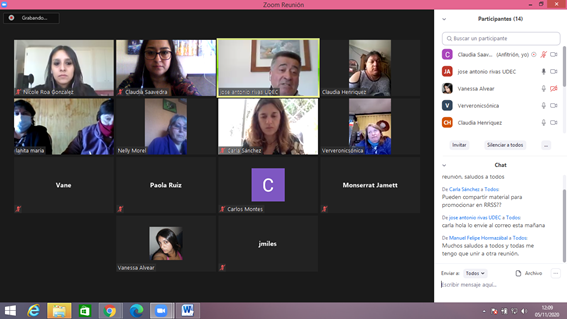1. About Us
We are a fishing company that was born more than 60 years ago in Talcahuano, Biobío Region, in southern Chile. Our activity began with the fishing of sardines and anchovies for the production of fishmeal and fish oil.
Currently, we fish and process marine proteins of high nutritional value and with it, we create value and well-being for all our audiences. This activity is governed by the provisions of the General Act of Fisheries and Aquaculture of Chile, whose compliance ensures the use of raw materials of legal origin and strict traceability control. This regulation is reinforced by the Company’s own traceability system that ranges from the capture of the resource to the final destination.
Landes has an industrial fleet of 3 ships that meet the requirements of the marine authority. Our vessels have high-technology equipment in navigation, monitoring, communication, and fishing systems, operated by a highly trained crew.
The company operates four processing plants, where it produces frozen Chilean jack mackerel and horse mackerel; fishmeal, oil and hydrolysates of salmon. In the island of Chiloe, we farm and process mussels through our subsidiary Landes Mussels.
For more information, see Commercial and Customer Protection Policy:
https://landes.cl/wp/wp-content/uploads/2020/11/Politica-Comercial-Landes-20
1.1 Strategic overview
1.2 New business
The strategic alliance with Lota Protein
After the approval of the law that banned the industrial fishing of the giant squid, the company was forced to close the operating plant destinated to this resource, fire more than 200 employees and and seek new businesses. In November 2019, a strategic alliance with Lota Protein was born. The company, part of the global conglomerate 999 Group, processes 100% of Landes raw materials for animal nutrition. Landes, for its part, takes over all the production of frozen Chilean jack mackerel for both companies.
After the heavy blow of the Giant squid law, the company was forced to restructure itself and seek new business. This is how Landes began testing for the reduction of by-products of the salmon industry in fishmeal and hydrolyzed plants that were unused. In November 2019, a strategic alliance with Lota Protein was born. The company, part of the global conglomerate 999 Group, processes 100% of Landes raw materials for animal nutrition. Landes, for its part, takes over all the production of Chilean jack mackerel frozen from both companies.
Taking advantage of the salmon by -products
The strategic agreement with Lota Protein is focused on the production of frozen products, whereas the Norwegian-Danish company processes raw materials destined to animal nutrition. This agreement left assets available in Rocuant Island. With new business in mind, Landes began to perform tests for the reduction of by-products from the salmon industry, in the fishmeal and hydrolyzate plants that were unused. This is a project based on the principles of circular economy, that takes advantage of salmon by-products in the manufacturing of food destined to animal nutrition and avoids their disposal in landfills. This new operation has meant a huge challenge in terms of productive and logistics, though the company has designed a novel process that allows achieving a product that stands out the alternatives offered in the market today. This new business has had a positive impact on management and employment, with the potential to continue growing to meet the needs of the growing salmon industry..

Trident plan
1.3 Renewed guidelines
Landes has set a purpose, mission and business vision to guide the company’s steps in its various operations and thus project how it is glimpsed in the future. These definitions integrate employees, customers, the communities where it impacts and the environment.
During 2019 Landes updated its statutes, in a road to become a B Company, which means that the company recognizes and takes charge of its triple impact: economic, social and environmental, with a commitment of permanent improvement.
In compliance with the Corporate Purpose, the company has declared that it will seek to generate a positive impact for the community, people linked to society and the environment.
In addition, in the performance of its activities, not only the interests of its investors will be considered, but employees, customers, providers and those people with whom it is directly or indirectly related. In addition, the commitment to safeguard the interests of the community where it operates, and the protection of the local and global environment will be considered.


